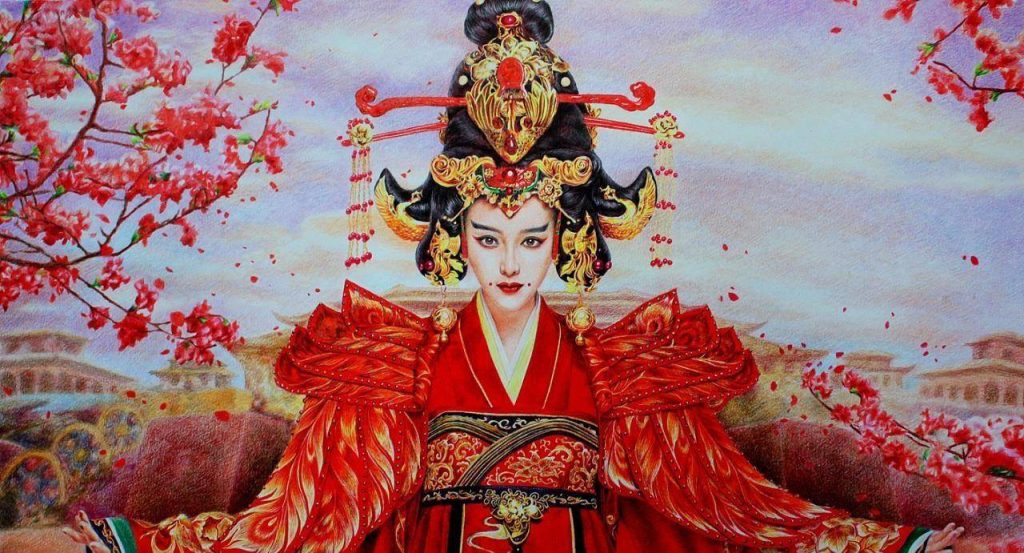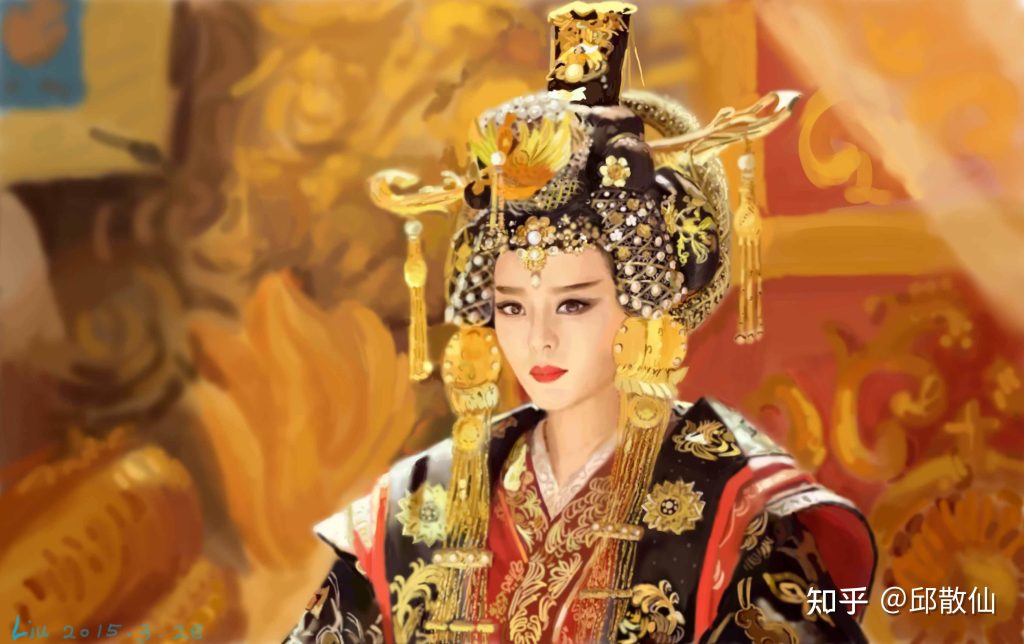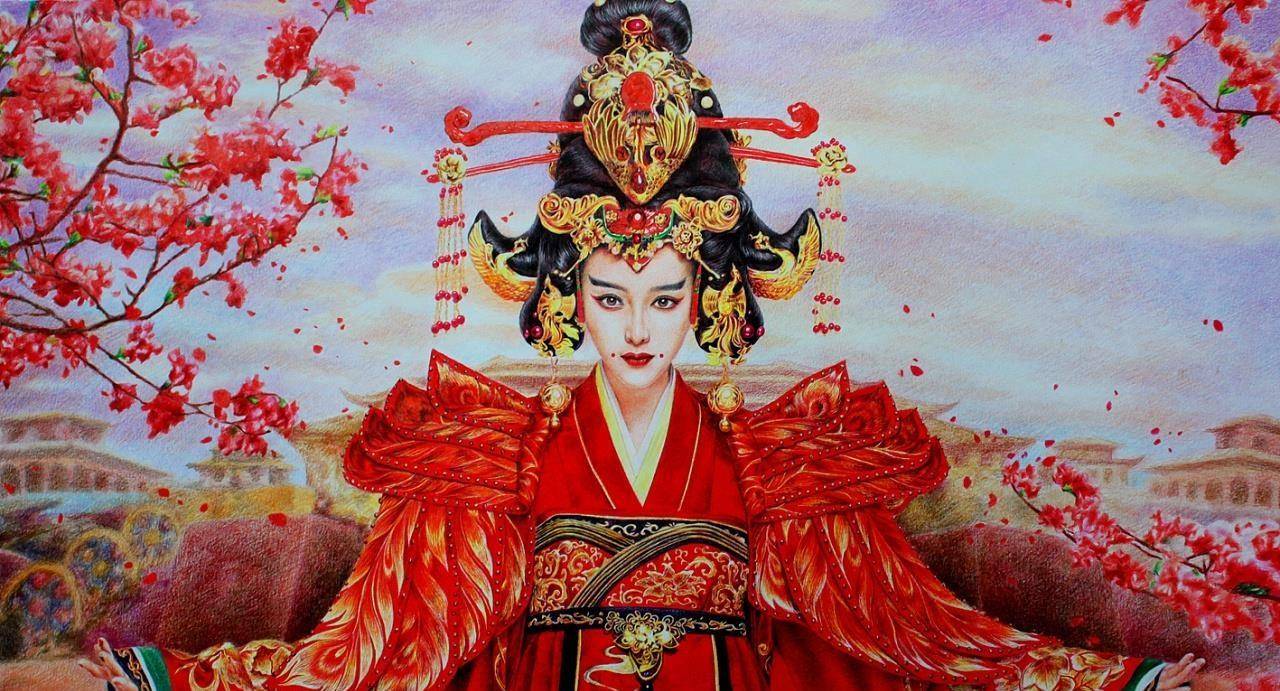Do you really understand the An Lushan Rebellion? The history encyclopedia editor provides detailed related content for everyone.

In the 14th year of the Tianbao era (755 AD), the Tang Dynasty experienced a turning point in its century long stable and prosperous reign, the An Lushan Rebellion, after experiencing the Zhenguan rule of Emperor Taizong Li Shimin, the “legacy of Zhenguan” of Empress Wu Zetian, and the “prosperous era of Kaiyuan” of Emperor Xuanzong Li Longji.
At the end of the reign of Emperor Xuanzong of Tang, he changed his previous emphasis on hard work and governance, and began to favor treacherous courtiers Li Linfu and Yang Guozhong; In the local area, An Lushan was even more arrogant and domineering, relying on the favor of Yang Guifei and Emperor Xuanzong of Tang. “He had his land, his people, his armor, and his wealth,” and the conflict between him and Yang Guozhong gave rise to such a long planned rebellion.
When faced with the fierce rebellion of An Lushan, Tang Xuanzong did not believe that he had already rebelled when he occupied Hebei. It was not until more than a month later that they were convinced that they had rebelled and hastily made arrangements.

Under the fall of his family and country, Emperor Xuanzong of Tang lost his former glory and only ended up fleeing south in haste, killing Yang Guifei, and abdicating. However, for the Tang Dynasty, which had a hundred years of accumulation, four great war gods were also born, namely Gao Xianzhi, Ge Shuhan, Li Guangbi, and Pu Guhuai En, who were brave and skilled in battle. They finally took eight years to quell the An Lushan and Shi Siming rebellions, and the Tang Dynasty turned danger into safety. However, none of the four great war gods who achieved great military feats in this way ended well. Why is that?
First place: Gao Xianzhi
Gao Xianzhi is a tall and beautiful woman. At the age of over 20, he was already appointed as a general. Later, the main town was Anxi. In the ninth year of Tianbao, they captured the state of Shi and captured its king. The following year, they defeated Dashi in the Battle of Talas. After the rebellion of An Lushan, he was appointed as the deputy commander and went to conquer the rebellion of An Lushan. But this general, who had the righteousness of helping others, ultimately ended up with a futile death.
When stationed at Tongguan, Emperor Xuanzong of Tang appointed eunuch Bianling Cheng as the supervisor of the army. Ke Bian Lingcheng was a treacherous and petty person who not only framed Feng Changqing in front of Emperor Xuanzong of Tang, but also executed Feng Changqing, who was highly valued by Gao Xianzhi; He even took the opportunity to demand bribes from Gao Xianzhi, but Gao Xianzhi, who came from a martial arts background, naturally refused. In the end, Gao Xianzhi was slandered and falsely accused of embezzling military supplies, and was brutally killed.
Second place: Ge Shuhan
After Emperor Xuanzong of Tang executed Gao Xianzhi, Ge Shuhan was ordered to resist An Lushan. However, there was a conflict between Ge Shuhan and Prime Minister Yang Guozhong. Faced with Ge Shuhan who held military power, Yang Guozhong was determined to frame him.
And Yang Guozhong, who accompanied him, was naturally able to use his advantage of being scared out of his wits by An Lushan’s army to slander Emperor Xuanzong of Tang. In the end, when Tang Xuanzong learned that An Lushan’s army had suffered a new defeat and their strength was gradually weakening, he couldn’t wait to order Ge Shuhan to attack An Lushan. However, for the sake of being a general, which was beyond the understanding of the elderly and foolish Tang Xuanzong, Ge Shuhan naturally refused to obey. But at this time, Yang Guozhong took the opportunity to stir up trouble again, and Ge Shuhan had to go to attack, resulting in the complete destruction of the entire army. He had to surrender to An Lushan and was eventually killed by him when An Qingxu was defeated.
Third place: Li Guangbi
Li Guangbi, born into the Li family in Liucheng, was able to inherit the title thanks to the protection of his ancestors. After the rebellion of An Lushan, he was recommended by Guo Ziyi to serve as the military governor of Hedong and lead troops to conquer.
As a famous general, he achieved a remarkable victory in the Battle of Changshan County at the beginning of the campaign, and then defeated Shi Siming with a small margin in the Battle of Taiyuan and a large margin in the Battle of Heyang. But even as the first person in Zhongxing, he was envied and framed by eunuchs Yu Chao’en and Cheng Yuanzhen after the Tang Dynasty ascended to power, and ultimately died of depression at the age of only 57.
Fourth place: Pugu Huaien
Pugu Huai’en can be considered the most tragic among these generals. In the eight year Anshi Rebellion alone, 46 members of the Pugu Huai’en family sacrificed their lives for the country, and their own daughter even married a Khitan in exchange for temporary stability in the Tang Dynasty. However, despite his outstanding military achievements during the An Lushan Rebellion, he was envied by the Li Tang royal family after quelling the rebellion. In the end, in order to survive, he was forced to rebel and rebelled against the Tang dynasty. He soon died of illness.
Throughout the entire An Lushan Rebellion, only a few famous Tang generals, such as Guo Ziyi, were able to have a good ending. The political traditions of cunning rabbit death, running dog cooking, and the particularly powerful eunuch rule of the Tang Dynasty also laid the groundwork for their sorrow.



